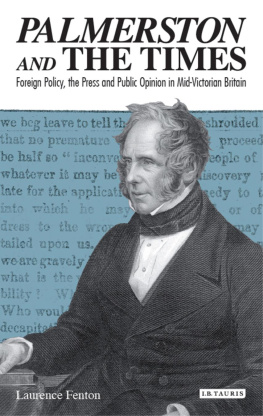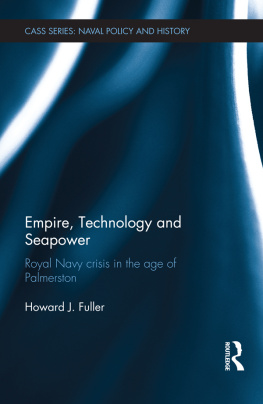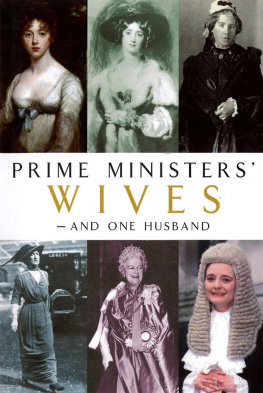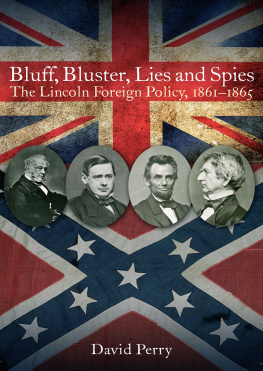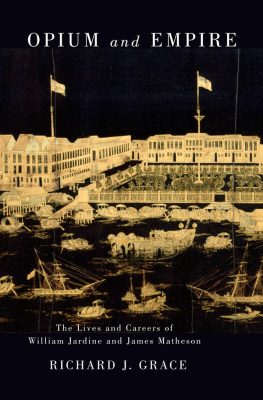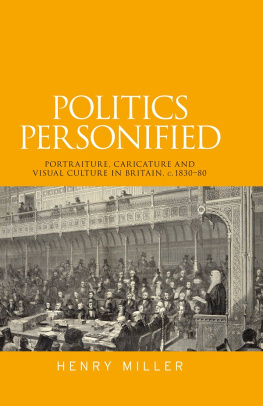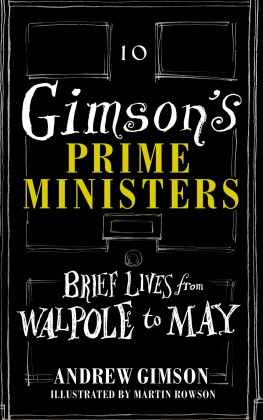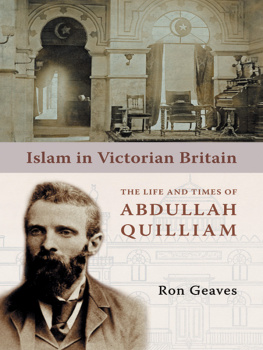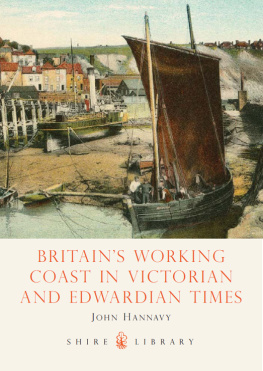Laurence Fenton is a writer and editor living in Cork, Ireland. He is the author of The Young Ireland Rebellion and Limerick and has published articles in the Historical Journal and Media History. He holds a PhD from University College Cork and is currently researching nineteenth-century Irish-American history.

Published in 2012 by I.B.Tauris & Co Ltd
6 Salem Road, London W2 4BU
175 Fifth Avenue, New York NY 10010
www.ibtauris.com
Distributed in the United States and Canada
Exclusively by Palgrave Macmillan
175 Fifth Avenue, New York NY 10010
Copyright 2012 Laurence Fenton
The right of Laurence Fenton to be identified as the author of this work has been asserted by the author in accordance with the Copyright, Designs and Patent Act 1988.
All rights reserved. Except for brief quotations in a review, this book, or any part thereof, may not be reproduced, stored in or introduced into a retrieval system, or transmitted, in any form or by any means, electronic, mechanical, photocopying, recording or otherwise, without the prior written permission of the publisher.
Library of Victorian Studies 6
ISBN 978 1 78076 074 2
eISBN 978 0 85773 651 2
A full CIP record for this book is available from the British Library
A full CIP record for this book is available from the Library of Congress
Library of Congress catalog card: available
Typeset by Newgen Publishers, Chennai
CONTENTS
ACKNOWLEDGEMENTS
The idea for this book originated as part of my research for a doctoral thesis at University College Cork, and my principal thanks are to my supervisor Dr Mervyn ODriscoll.
For permission to refer to manuscripts and for assistance during the course of this work, my thanks are due to a number of organizations and individuals: the Trustees of the Broadlands Archives; Lord Clarendon; the Boole Library, University College Cork; the British Library; the National Archives, London; and the Bodleian Library, University of Oxford. Chris Woolgar of the Hartley Library, University of Southampton and Nick Mays of News International deserve special mention; this book could not have happened without their kindness and help over many years.
I am also grateful to the editors and publishers of Media History, in whose pages much of the material for was first published as Origins of Animosity: Lord Palmerston and The Times, 183041 in November 2010.
Finally, the enthusiasm of Jo Godfrey at I.B.Tauris for this book made the task of writing it significantly easier. Many thanks.
INTRODUCTION
Throughout the middle years of nineteenth-century Britain, Lord Palmerston was the politician who stood out above all his peers, if not always favourably. He seemed the most dynamic of ministers and, depending on the spectator, the most inspiring or infuriating. Recalled mainly in the milieu of foreign affairs, Palmerston has come down in popular memory as the brash and belligerent defender of British rights around the globe, not averse, if the mood took, to bouts of gunboat diplomacy and to letting the Royal Navy prove the point of his policy. He was John Bull personified. Of especial importance in Palmerstons lengthy career were the 35 years, from 1830 to his death in 1865, during which he was near-permanently ensconced at one or other of the highest offices in the land, receiving on three occasions the seals of the Foreign Office before serving twice as Prime Minister, before, indeed, dying as Prime Minister. He set the tone for almost four decades of British foreign policy, and the mid-nineteenth century has regularly been labelled the Palmerston era.
There was, however, a great deal more to Palmerstons political abilities than the prevalent image of bluster and bullying suggests. He could not have achieved his near-unrivalled parliamentary innings without some aptitude for guile and subtlety, especially as his policies were rarely without many often powerful enemies. The immense popularity he enjoyed through the country as a whole was one of the main reasons for Palmerstons political longevity. He was the peoples darling, their larger-than-life minister, insouciant when it suited but also resolute and forthright. Much of the credit for fostering this favourable picture in the public mind lies in Palmerstons skilled manipulation of the newspapers. His steady accumulation of press contacts and development of a coterie of friendly papers the Palmerston press was made all the more crucial by the long-standing enmity of the behemoth of the contemporary press, the liar, as he would have it, of Printing House Square The Times.
The Times cast an immense shadow over the nineteenth-century newspaper world. Unequalled in the breadth and depth of its reporting, the gravity of its tone, the grandeur of its pretensions and its sheer physical bulk, the papers circulation and influence dwarfed all competitors.The Times, however, despite its much-vaunted independence under the great editors Thomas Barnes and John Delane, was far from an unfettered bastion of the truth. On questions of foreign policy, its editorial pages were certainly a receptive home to a number of vehemently anti-Palmerston voices, their incessant attacks matched for vitriol in the ripostes of the Palmerston press.
Fundamental to the success of both Palmerston and The Times was the value they ascribed to the then increasingly important, if still somewhat nebulous, concept of public opinion. In their battles over foreign policy each claimed its imprimatur. The analogy that public opinion, like poverty, has always been with us is no doubt correct.
Public opinion is mainly what contemporaries perceived it to be, concluded D.G. Boyce, a historian who has grappled with the subject in a number of works.
Opinion now is supreme, and opinion speaks in print. So wrote the future Prime Minister Benjamin Disraeli in his 1844 novel Coningsby. Studies of Victorian public opinion, therefore, have, par necessitatum, often been consanguineous with studies of the Victorian press.
Politicians certainly saw the two as interlinked. Some, like Robert Peel in this letter from 1820, decried that great compound of folly, weakness, prejudice, wrong feeling, right feeling, obstinacy and newspaper paragraphs which is called public opinion. Similarly, the venomous print war waged against Palmerston, and the myriad personal and political facets to the longstanding rivalry, are important elements in the history of The Times, the titan of Printing House Square.
THE POLITICIAN
Born in London in late October 1784, there was little in the relatively minor aristocratic background of Henry John Temple, the third Viscount Palmerston, to indicate the great impact he would have on world affairs. He was an Irish peer, which in the highly stratified world of the aristocracy ranked below both English and Scottish peers. Although Palmerston did not visit the country until his mid-twenties, the family connection with Ireland was strong, dating back to the late sixteenth century when William Temple travelled over as secretary to Robert Devereux, the second Earl of Essex, who had been dispatched by Queen Elizabeth I to put down the rebellion now known as the Nine Years War (15941603). William Temple was appointed provost of Trinity College Dublin in 1609, Palmerstons ancestors holding thereafter a variety of sinecured posts, including the Master of the Rolls in Ireland and Chief Remembrancer of the Court of Exchequer in Ireland. They acquired large tracts of land over the course of two centuries, particularly in Sligo on the west coast of the country. It was Palmerstons great-grandfather, Henry Temple, who became the first viscount, created an Irish peer in 1723 in recognition of the familys long discharge of public duties in Ireland, the very name of Palmerston taken from a small village in County Dublin where the family held lands. An Irish peerage did not entail residence in Ireland, and so it was to Hampshire in the south of England that Palmerstons great-grandfather turned when building Broadlands, the grand familial home of the Temples.

